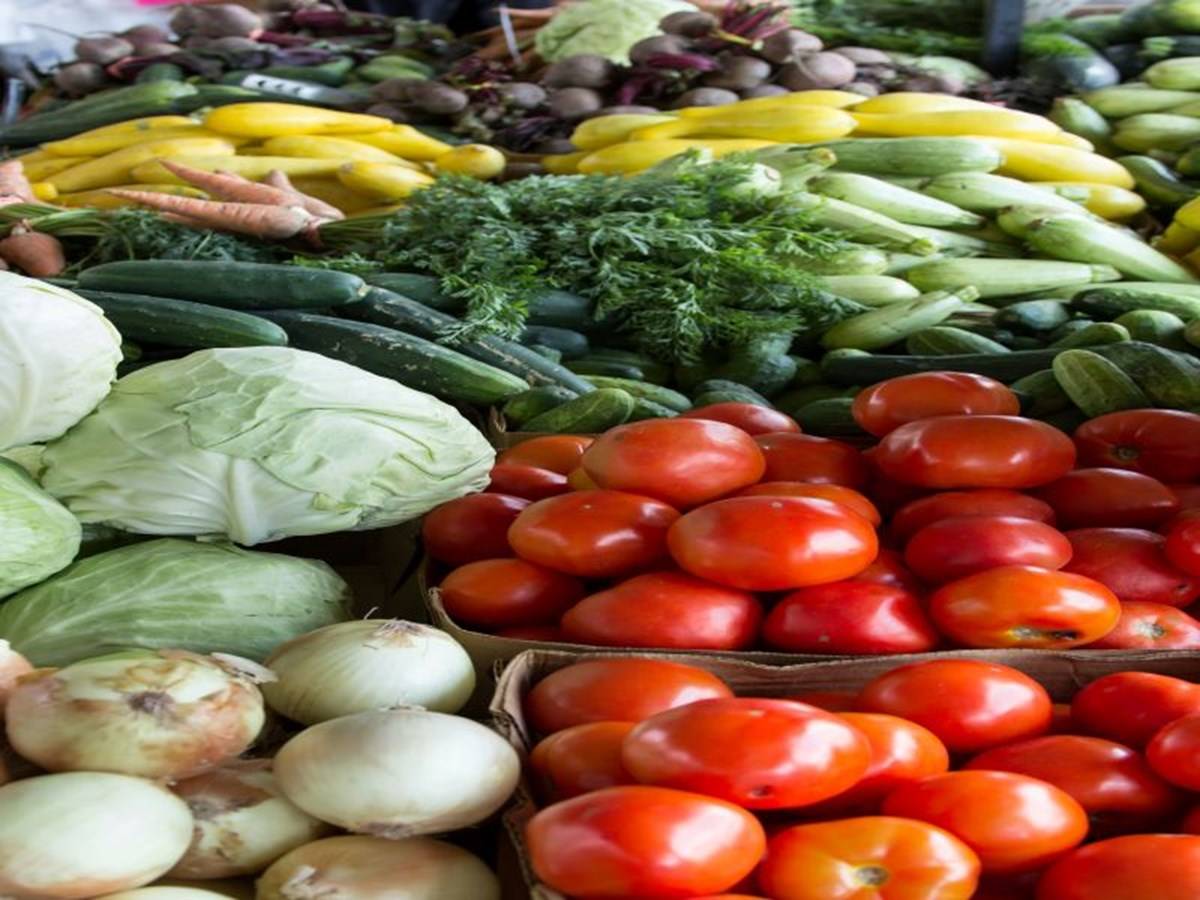
When the COVID pandemic struck India, access to quality food was as high on priority for the country as much as health. India took up the challenge and delivered. Today, India ranks first in the number of organic farmers and ninth in terms of area under organic farming, according to an official statement from the government. Indeed, a triple-win for farmers, consumers and the environment.
The good news continues - Sikkim is now the first state in the world to become fully organic! Other states including Tripura and Uttarakhand are following suite - setting similar targets and well on their way to success.
North East has traditionally been organic in terms of farming, with consumption of chemicals/fertilizers comparativelylow as compared to the rest of the country. Now, the tribal and island territories are also being nurtured to continue their organic story. According to the Ministry of Agriculture & Farmers Welfare, programs such as Mission Organic Value Chain Development for North East Region (MOVCD) and Paramparagat Krishi Vikas Yojana (PKVY), which were launched in 2015 to encourage chemical-free farming, have successfully assisted the farmers in adopting organic farming practices and improving remunerations due to premium prices.
Further, supported by the Agri-export Policy 2018, India now has the potential to become a major player in global organic markets. Major organic exports from India have been flax seeds, sesame, soybean, tea, medicinal plants, rice and pulses, which were instrumental in driving an increase of nearly 50% in organic exports in 2018-19, touching Rs 5,151 crore, according to official reports. "Modest commencement of exports from Assam, Mizoram, Manipur, and Nagaland to UK, USA, Swaziland, and Italy have proved the potential by increasing volumes and expanding to new destinations as the demand for health foods increases," the official statement added.
According to the Ministry, "About 40,000 clusters are being assisted under PKVY covering an area of about 7 lakh ha. MOVCD has brought in its fold 160 FPOs cultivating about 80,000 ha. For these clusters to become sustainable, it is important that henceforth market-led production starts in a contract farming mode, so that there is a ready market for the produce and industry also gets the desired quality and quantity when required. This is being pursued in right earnest with bulk buyers including the phyto extracts industries."

"The commodities with the highest potential include ginger, turmeric, black rice, spices, nutri cereals, pineapples, medicinal plants, buckwheat, bamboo shoots, etc. Supplies have started from NER including for Mother Dairy from Meghalaya, Revanta Foods and Big Basket from Manipur," the Ministry added.
Looking to benefit farmers with better bargains and no intermediaries, the ministry opined that the presence of aggregators is imperative to bring about economies of scale for the small and marginal farmers. "The concept of market-led 'One district - One product' is being encouraged, as also the development of more clusters in the vicinity of bigger towns where the appetite for organics will be much more."
Certification of organic produce is also being looked into to boost the customer confidence. Both PKVY and MOVCD programs are now promoting certification under Participatory Guarantee System (PGS) and National Program for Organic Production (NPOP), targeting domestic as well as exports markets. The Agriculture Ministry informed that the Food Safety and Standards (Organic Foods) Regulations, 2017, are based on the standards of NPOP and PGS. The consumer should look for the logos of FSSAI, Jaivik Bharat / PGS Organic India on the produce to establish the organic authenticity of the produce. PGS Green is given to chemical free produce under transition to ‘organic’ which takes three years.
The organic e-commerce platform 'Jaivik Kheti' which directly links farmers with retail as well as bulk buyers is also being strengthened to increase farmers' income and awareness.
Source
Ministry of Agriculture & Farmers Welfare








